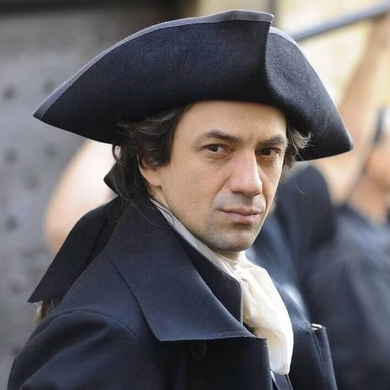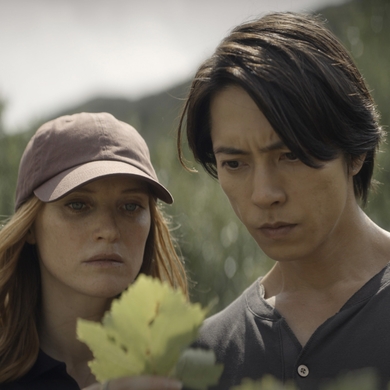When it was released in India last March, the Teluga film RRR—short for “Rise Roar Revolt”—garnered high praise in Bollywood circles. At the premiere, viewers celebrated in the theater’s aisles and Indian stars hailed the film on social media. Still, director S. S. Rajamouli didn’t expect it to be a crossover hit. To his surprise, when the epic—which traces the struggle of pre-independence leaders Komaram Bheem and Alluri Sitarama Raju’s in 1920 New Delhi—was aired in Los Angeles, the predominantly American audience gave it a standing ovation. As of January, the film was also awarded Best Director by the New York Film Critics Circle, as well as an Oscar nomination for Best Original Song. But there’s a hitch. While Americans have interpreted the film as a poignant warning against colonialist evil, Indian critics have noted telltale signs of Hindu Nationalism. The suspicion is not unfounded. The script was written by Rajamouli’s father, Koduri Viswa Vijayendra Prasad, who has ties with the the R.S.S., a Hindu-nationalist extremist group. “This is not a documentary,” Rajamouli told The New Yorker. “This is not a historical lesson. It’s a fictional take on characters, which has been done many times in the past.” Certainly, it’s an eccentric tale, one that reads like myth and is full of ebullient derring-do and rousing dance numbers, not to mention flaming arrows and ferocious wolves and tigers. Whether its your speed or not, it’s a must watch. —Elena Clavarino
Arts Intel Report
RRR

A scene from the film.



